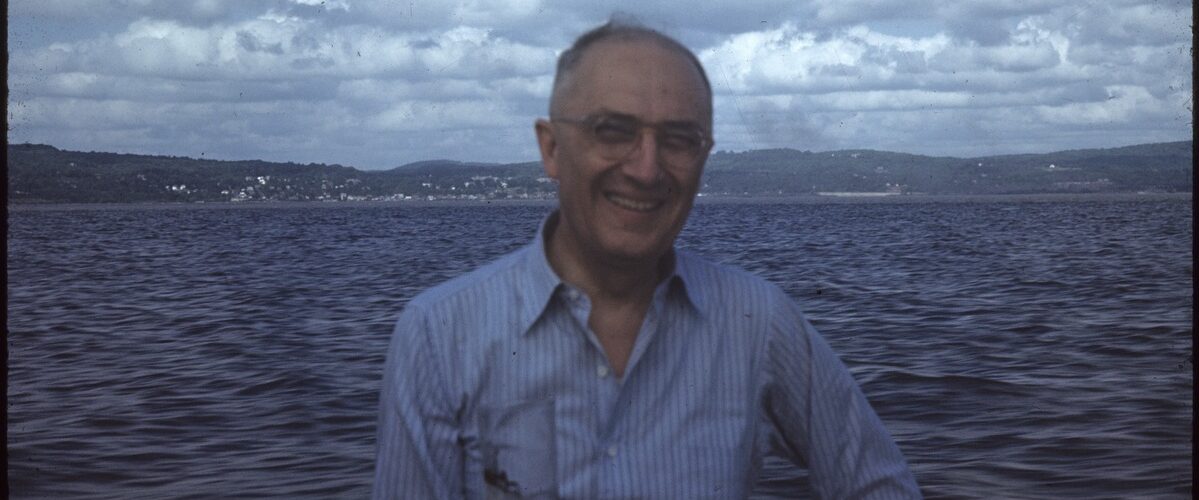Recinto Universitario de Mayagüez
February 15–17 2024

The 2024 Biennial Conference will convene at the University of Puerto Rico Mayagüez February 15–17 2024. The Biennial will focus on Williams’s Hispanic heritage, his indebtedness to the traditions of Puerto Rican, Peninsular and Colonial Spanish literatures, as well as issues of borders and translation in the broadest sense—linguistic, geographic, cultural—as well as Williams and the medical humanities, health, and culture.
Our keynote speakers will be Marta Aponte Alsina, author of La Muerte Feliz de William Carlos Williams, and Julio Marzán, author of The Spanish American Roots of William Carlos Williams. The conference, free and open to the public, will include participation from local artists and writers, poetry readings in Spanish and English, as well as a tour of the city of Mayagüez—the birthplace of Williams’s mother, Raquel Héléna Rose Hoheb Williams, and the site of his uncle and namesake Carlos Hoheb’s medical practice.
The conference will include discussions, readings, and roundtable sessions designed for scholars to present their work, each in one-hour sessions, across two days of presentations. The format is designed to facilitate questions from the audience and fellow presenters and to explore potential resources and avenues for the study of Williams’s life and work.

The Biennial is hosted by the Department of English and the Department ofHumanities, with support from the Mellon Foundation initiative, Nuevos Horizontes en Estudios Culturales y Humanísticos en Puerto Rico.

